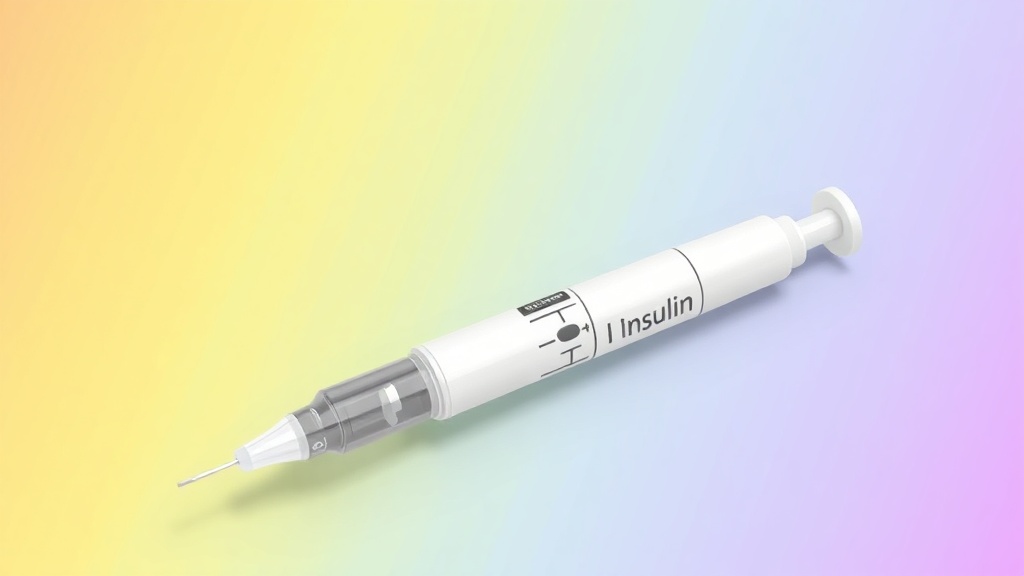Home / Health / Obesity Drug Mounjaro Shown to Curb Food Cravings by Altering Brain Activity
Obesity Drug Mounjaro Shown to Curb Food Cravings by Altering Brain Activity
17 Nov
Summary
- Mounjaro may suppress brain signals linked to eating control
- Study involved 3 severely obese patients with implanted brain electrodes
- Mounjaro reduced delta-theta brain activity associated with food cravings

According to a pioneering US study published on 2025-11-17T18:44:56+00:00, the weight loss drug Mounjaro may be able to curb food cravings by suppressing brain signals linked to eating control. Researchers placed electrodes in the brains of three severely obese patients and analyzed the impact of Mounjaro, also known as tirzepatide, on regions associated with pleasure, motivation, and reward.
The study found that intense food preoccupation and cravings were linked to low-frequency delta-theta brain signals in the nucleus accumbens, part of the brain's reward system. In two patients, electrical stimulation to specific brain areas reduced this signal. The third patient, who was given Mounjaro to manage diabetes after weight-loss surgery, also experienced a decline in delta-theta brain activity and food cravings.
However, these brain signals and food cravings returned a few months later, suggesting the effects of Mounjaro may be temporary. The findings indicate the drug may tackle food cravings by affecting the brain signal biomarkers associated with eating control, though experts caution that the study focused on a specific and rare condition associated with obesity.


